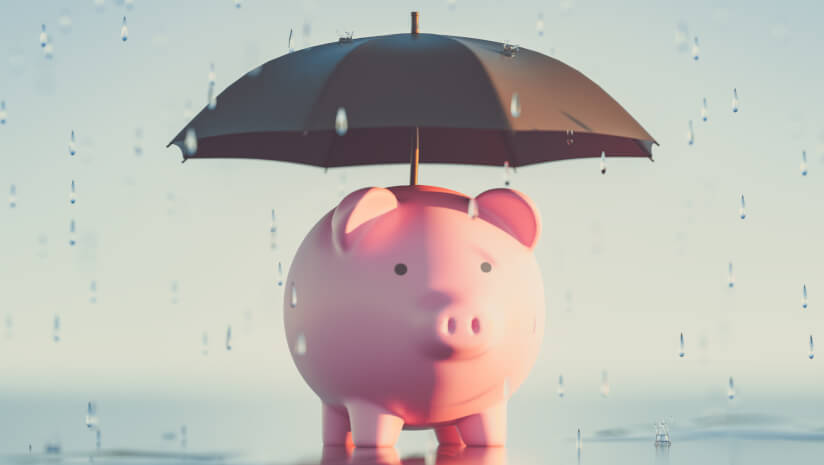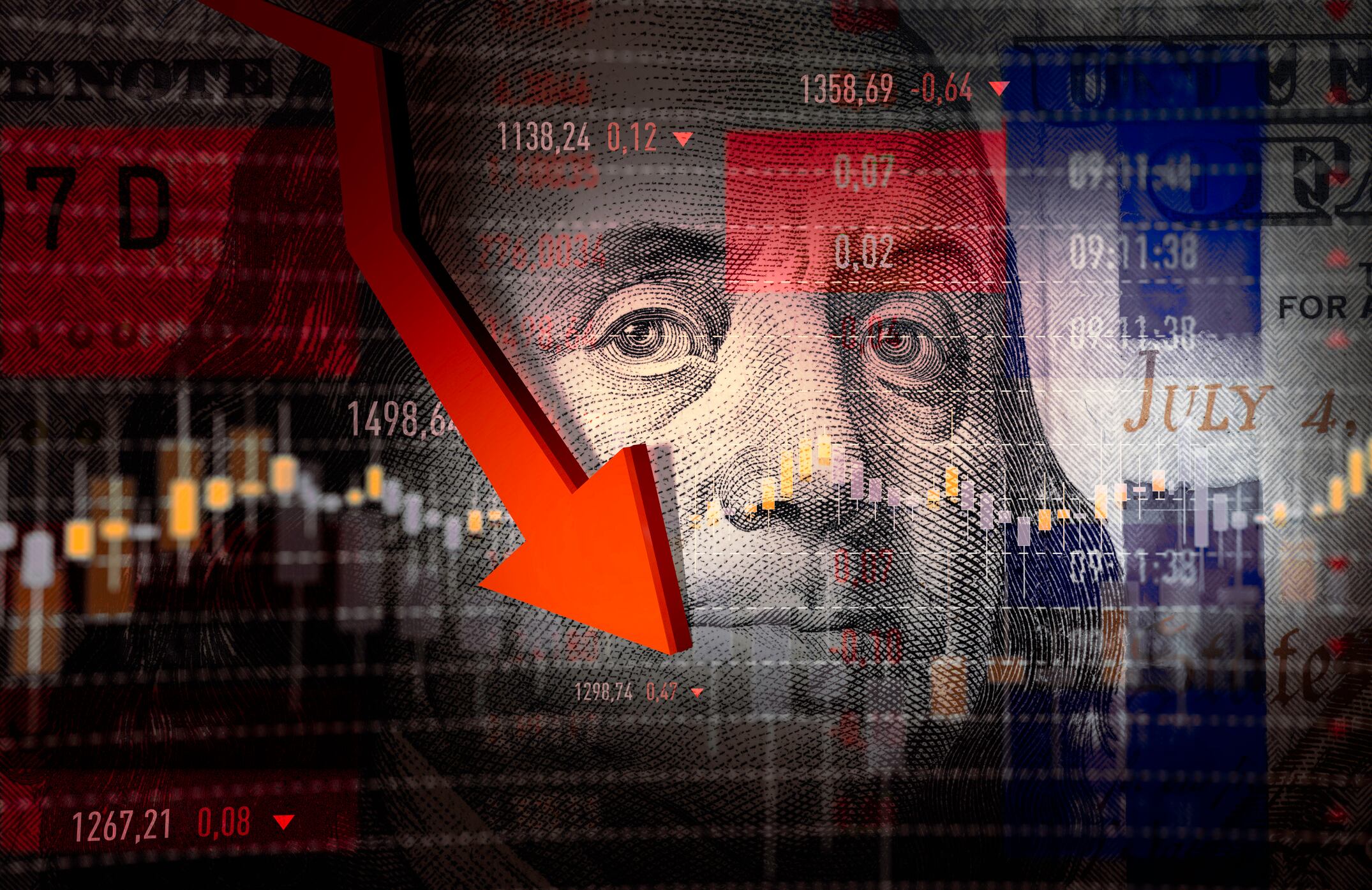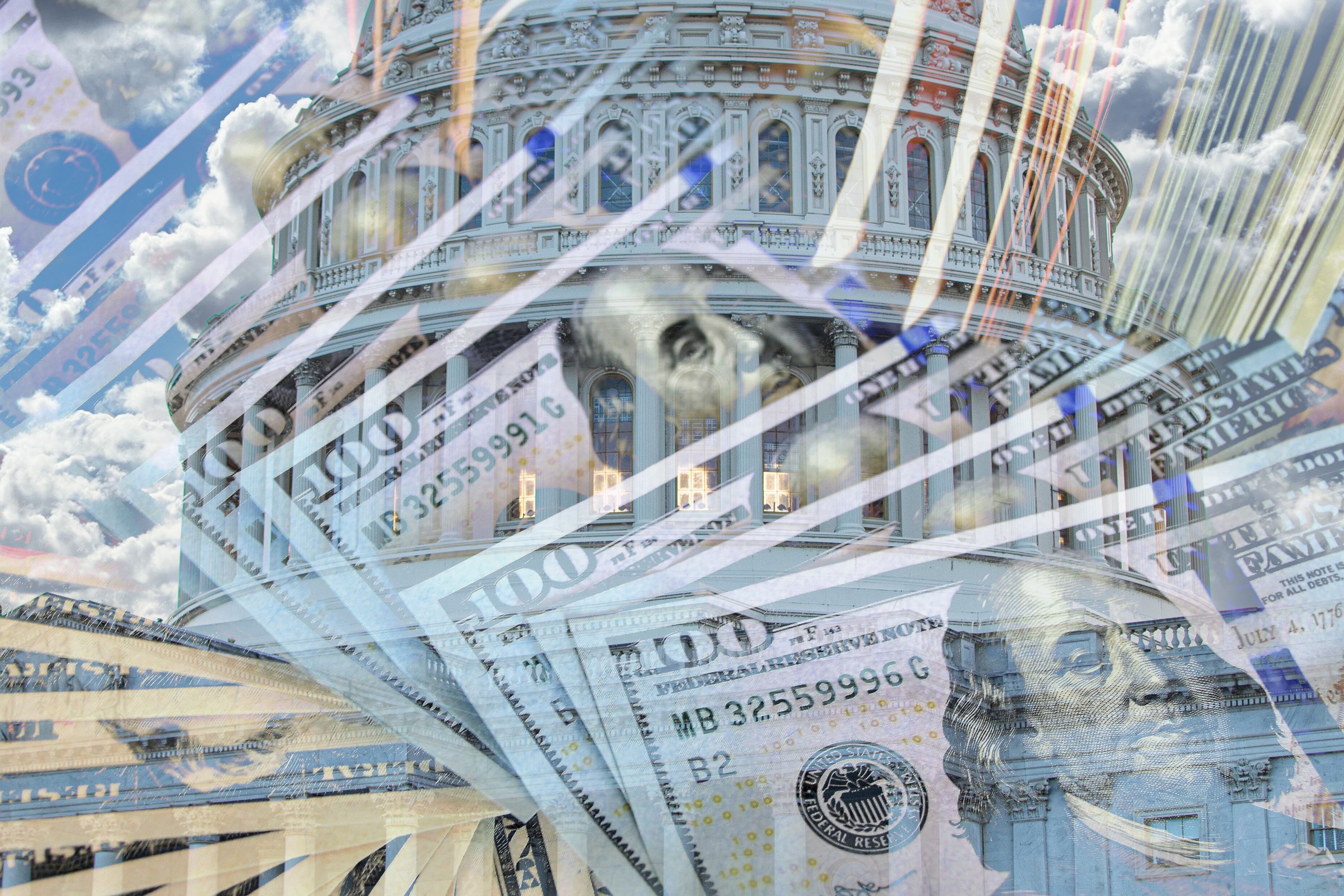Take Natural Grocers by Vitamin Cottage, Inc., for example. The retail chain, which owns 169 stores in 21 states, projects daily average comparable store sales to grow up to 7.5% this year. Dietary supplements account for 20% of total sales across its stores.
Natural Grocers is a micro example of what 20 years of economic and consumer data reflect: There has been a significant increase in the prevalence of supplement use.
According to the National Institutes of Health, supplement sales increased 50% between 2018 and 2020, right before the onslaught of the COVID-19 pandemic, which also boosted consumer spend on supplements. Mintel data indicates 34% of consumers increased purchases of VMS products as a result of the COVID-19 pandemic. The industry had continued to expand by 5% to 7% in the last decade.
“The growth has been consistent over a long time, and there’s a constant increase of interest in the supplement industry,” said Cal Bewicke, CEO at Ethical Naturals. “We have an aging population and more people who are interested in this new term ‘healthspan’ as opposed to lifespan.”
Despite this growth, Bewicke underscores that consumer demand for supplements comes up against production realities. Many ingredients are produced by fermentation in top facilities in China, and “no U.S. facilities are able to duplicate the volume and quality that comes out of those,” he said.
Recently, the United States and China agreed to lower their reciprocal tariff rates to 10%. This was a significant reduction from previous highs that reached as much as 145% this year. The effective tariff rate on most Chinese goods remains over 30%.
The recent tariffs have global implications, according to Joseph Lupton, an economist at J.P. Morgan. He predicts tariffs could lower worldwide GDP by .7% to 1%.
“The impact of the trade war will be focused on the U.S., where it is being waged against all economies,” he said. “However, the rest of the world will not be immune to the damage.”
Harvard economist Dr. Willy Shih told NutraIngredients that the temporary pause in higher tariffs and the amount of back-tracking that has followed recent announcements suggests that their direct impact will be less than feared.
He added that macro impacts arising from uncertainty that slows investment decisions and increased volatility will have a more severe impact, however.
“I think many think a severe recession is less likely, but we are likely going to see a slowdown driven by higher costs that are just beginning to get passed through,” Dr. Shih said.
Past recessions
When the economy was still floundering post the 2008 recession, supplement sales were on the rise.
Between November 2008 to April 2009, The Vitamin Shoppe witnessed a 20% increase in new customers, according to the New York Times. This surge was 25% higher than the number of new customers the retailer gained during the 2001 recession.
Supplement company New Chapter said it had its best January and February in its history by 2009.
Dr. Uwe E. Reinhardt, a former Princeton economics professor, told the New York Times that people lose control over costs when they enter “the formal health system” and may prefer to engage in consumer-directed health care—taking preventative measures when insurance deductibles may be too high.
People are not only addressing physical health with supplements during challenging economic times.
Stress relief grew as a major category during the pandemic and has continued to grow since then. Data from Market Research Future projects the category to grow from $0.5 billion in 2023 to $0.9 billion by 2032 at an annual compound annual growth rate (CAGR) of 6.75%.
“The growing awareness of the need to support mental health and the increasing prevalence of stress and anxiety have contributed to the demand for products that support relaxation and emotional well-being,” Bewicke said. “Many people now seek out natural solutions because pharmaceutical products for stress relief often come with significant side effects.”
Private equity
Wilson Lau, president at Nuherbs, said data may show that the supplement industry has performed well during recessions. However, those were periods not plagued by stagflation—the combination of high inflation, stagnant economic growth and elevated unemployment. In stagflation, which some economists predict will occur during the Trump administration, people spend as much money as they might during a typical recession but with significantly fewer goods to show for it.
There may be one area in which supplement companies come out ahead during a recession.
Lau said that family-owned businesses, or multi-generational businesses, are on different financial timelines than companies beholden to shareholders. Whereas these publicly held companies must meet a certain rate of return, multi-generational businesses can grow at a rate that only keeps up with inflation.
“They don’t need to cross that finish line in a certain amount of time,” Lau said. “They just need to stay in the race to keep the business going.”
In contrast, companies backed by private equity must take greater financial risks during recessions to meet their business goals. Private equity investments do have advantages in that they are less sensitive to value fluctuations and have lower volatility during a crisis, according to Marktlink Capital. This is partly because private equity funding entails long-term investments where stakes cannot simply be resold.
However, Lau noted that the higher the rates of return for some of these investments, the riskier they are.
“The environment has shifted so that I think it’ll be a lot harder for companies to sort of try to hit those returns,” he said.
The cost of money also used to be cheaper in recent non-recessionary years when interest rates could be as low as 0%. However, banks are hesitant to lend during downturns even if the Federal Reserve lowers interest rates because they cannot make as much money.
Privately owned companies may also have an edge over publicly traded ones, but weathering the economic impact of a possible recession fueled by inflation and tariffs might be dependent on the size of the business, Lau added.
Supplement companies in the large and middle market categories can combat these economic hurdles, but small enterprises with under $50 million in revenue—which are most supplement businesses—are most at risk of bankruptcy.
Although worth $159 billion in 2023, the supplement industry is mostly a collection of smaller companies that are unable to economically pivot like the auto industry can when faced with challenges like tariffs, Lau said.
“Ford can ship production all around to make use of their plants to make cars for the United States and use their other plants to make cars for the rest of the world,” he said. “Supplement companies are a bunch of small fish added together to make what seems like a big number, but we don’t have as many tools at our disposal.”



